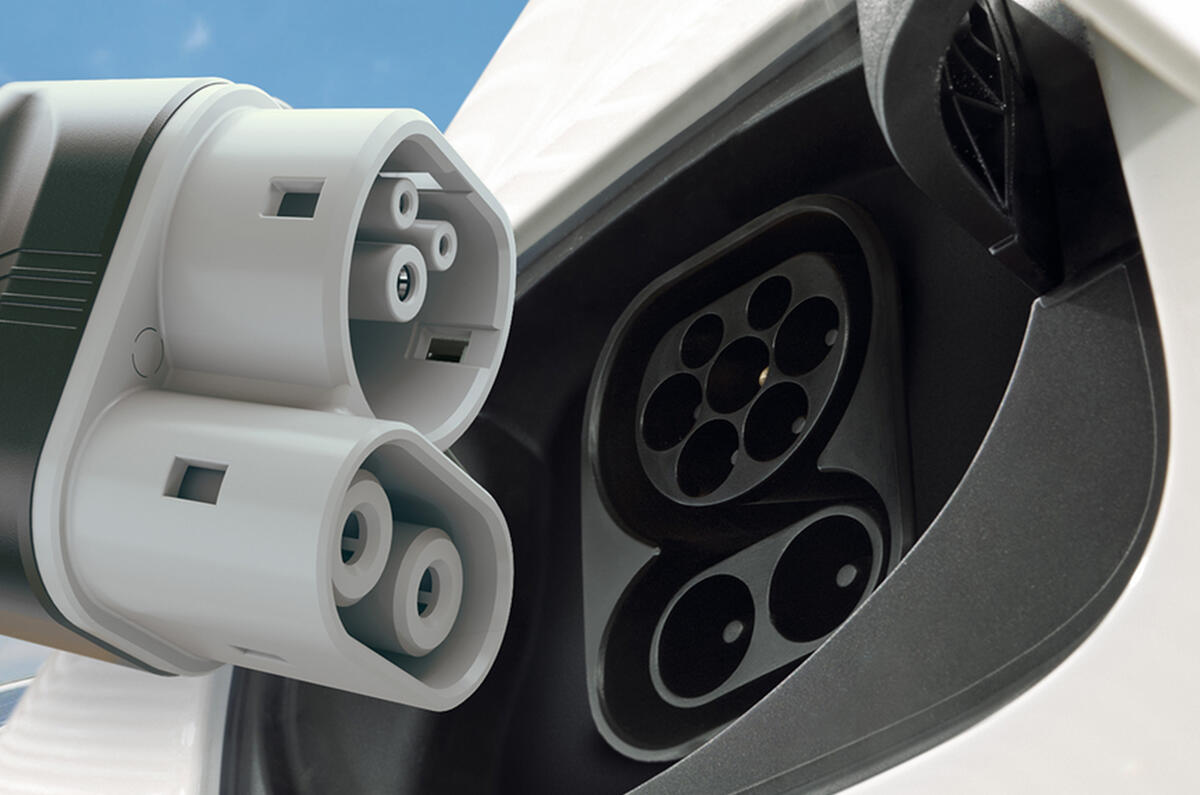Four large car makers – BMW, Daimler, Ford and the VW Group - are co-operating on a fast-charging network for electric vehicles across Europe.
The four companies plan a network of around 1000 chargers along major routes across Europe, with power outputs of up to 350kW.
Work will start on the network in 2017, and the group says that as technology evolves, it’s expected that charging will become akin to filling a petrol-powered car in terms of convenience, suggesting a similar duration is being targeted.
Read about Porsche's commitment to EV charging here
Only cars equipped with the Combined Charging System (CCS) will be able to use the new network. As calls for standardisation of electric charging systems continue, it’s likely that this will push CCS towards becoming the de facto charge system, as the four giants invest in its infrastructure.
BMW's i sub-brand cars, the BMW i3 and i8, already use CCS as their charging method, as do VW's Volkswagen e-up and Volkswagen e-Golf, and in the future, so will Ford's raft of planned electric vehicles, as well as Mercedes' EQ sub-brand cars.
Competing systems include Tesla’s own Supercharger charging system and the ChaDeMo system, which is used by the PSA Group, Nissan and Mitsubishi, among others.
Although the four founding manufacturers are investing in the new network initially, more parties are being invited to join the scheme and pledge investment along the line.
Oliver Blume, chairman of the Porsche executive board, said: “There are two decisive aspects for us: ultra-fast charging and placing the charging stations at the right positions.
“Together, these two factors enable us to travel in an all-electrically powered car as in a conventional combustion engine vehicle. As an automobile manufacturer, we actively shape our future, not only by developing all-electrically powered vehicles but by building up the necessary infrastructure as well.
It’s not yet known if the charging network will be free to use, and it’s likely, given the current political climate, that the network will not extend to the UK. The partnership will officially begin at the start of 2017, so it’s likely that details such as these will be announced then.





Add your comment